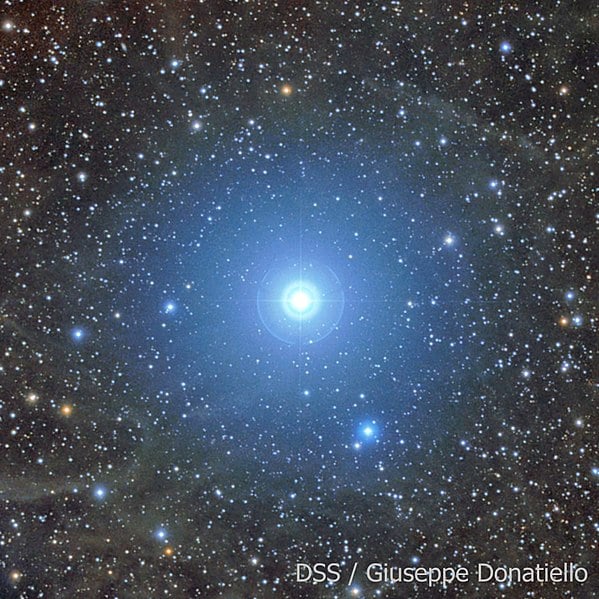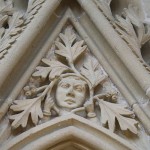Dear Friends,
I thought today, I’d write a short blog about the main thing I’m currently working on, namely, my doctoral thesis. Since I’ve only just finished my first year as a PhD student at the University of Nottingham, my thesis doesn’t have a proper title yet. My general topic, however, is deification, John Cassian, and the contemporary significance. Let me try to distill that briefly.
Deification is a notion (doctrine might be too strong of a word) that part of God’s intent for humanity is for humans to, in some sense, become divine. Athanasius (a fourth century Bishop and theologian from Alexandria) put it most pithily, ‘For He [Jesus] was made man that we might be made God,’ (De Incarnatione 1.54). The idea is that when God became man he deified all humanity giving us the opportunity to become God. Now, this doesn’t mean that we become absorbed into God loosing our distinctiveness, individually or corporately, God is not the Borg. It also, however, doesn’t mean that we become demigods like so many of the heroes of pagan mythology. No, it means that somehow, our identity is inextricably linked with that of Christ’s, but we never cease to be us, nor does He cease to be Himself. I’ll probably write more about what deification is at some other point. For now, suffice it to say that according to deification Christians become as much like God and as much God as it is possible for them to do so.
What I’m seeking to do with deification is, primarily, to define it and its significance for the lives of believers. I’m trying to do this through looking at the works of John Cassian (a fifth century monk and theologian probably from Southern France). Cassian spent a lot of time in the Greek East (Egypt, Israel, Constantinople) which is from where most of our language and definition of deification comes. He is not explicit, so, as well as looking at how Cassian defines the life of believers, I also have to try to show that he had a concept of deification. Clear as mud? Well, I’ll try to write more some other time, but you may simply have to buy my book (if my thesis is lucky enough to get published) to get a fuller idea. In the end, not only do I believe Cassian had a notion of deification, but that his understanding of the monastic life can be helpful for believers in understanding why how they live matters and how they can live out the reality that they are being deified.
I want to leave you with two things: a question and a quotation.
Question: Either based on your own reading, or from my poor definition above, what do you think about the notion of deification?
Quotation: This Comes from Cassian’s work On the Incarnation 5.4
All then, whether patriarchs, or prophets, or apostles, or martyrs, or saints, had every one of them God within him, and were all made sons of God and were all receivers of God (θεοδόχοι), but in a different and distinct way. For all who believe in God are sons of God by adoption: but the only begotten alone is Son by nature: who was begotten of His Father, not of any material substance, for all things, and the substance of all things exist through the only begotten Son of God––and not out of nothing, because He is from the Father: not like birth, for there is nothing in God that is void or mutable, but in an ineffable and incomprehensible manner God the Father, wherein He Himself was ingenerate, begat His only begotten Son; and so from the Most High, Ingenerate, and Eternal Father proceeds the Most High, Only Begotten, and Eternal Son.
Thanks for reading.
Sincerely Yours,
David











